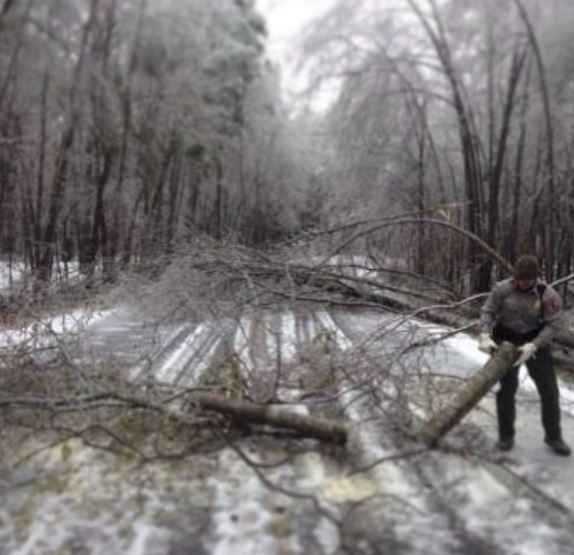


How Utility Firms Can Power Up With Effective Crisis Communications – Part Two
From wildfires in Hawaii to hurricanes in Florida, and sweltering heat, ice storms, boil-water notices, tornadoes, and extended service outages everywhere in between, 2023 has provided many crises (or near crises) on which utility communicators must communicate. That’s why we sat down with Thomas Fladung (left), managing partner at Hennes Communications, a crisis communications firm, to assess the current state of utility crisis communications.
Question: You’ve been on both sides of crisis communications: as a newspaper reporter and editor and as a crisis communications practitioner. All told, you’ve got nearly four decades in this game. What’s different, and what’s still true?
Answer: How we communicate has changed profoundly. We are living through the first era of truly instant communication where literally everyone is potentially a publisher. There’s good and bad to this, of course. Think of the array of news and information sources we now have literally a click away. At the same time, the system of fact checking and editing that was developed over decades by news organizations has now largely gone away. At one of the newspapers where I worked, every front-page story was edited at least six times. Now, most of the stuff carried by social media platforms goes through no fact-checking. Information is flowing freely but assuring that it’s reliable information is now more the responsibility of the news consumer.
Social media has brought its own set of opportunities and challenges. People still don’t seem to understand a couple of fundamental facts. First, if you post something on the internet, you should assume it will never go away. Second, the moment you post something on social media, you’ve lost control of it. You don’t control who reads it, how it’s interpreted, or what others do with it.
Time after time, we see crises start because someone in an organization posts something on social media that they shouldn’t have.
All this has put reputations, earned over years, more at risk of being damaged, in hours or even minutes. For us, all this also means it’s more important than ever to tell your own story.
I like to use the example of a nonprofit organization that discovered an employee had stolen a large amount of money. We recommended the group break the news themselves, say what happened, how it was going to impact their fundraising, and what steps it was taking to make sure this didn’t happen again. The group followed our advice, and the story was not this “scandal at this nonprofit.” Rather, it was the nonprofit policing itself and fixing the problem.
We tell our clients that you can’t communicate your way out of a problem. You must work your way out of it. And then you must truthfully and clearly communicate those actions.
Then, and this is particularly important for utilities, if you don’t deal with the problem that’s right in front of you, you invite outsiders, some of whom may dislike your organization, to layer that problem on to what happened in the past, adding it to old grievances, and now you have a bigger problem.
Question: What can utility communicators do, today, to become better crisis communicators?
Answer: Use peacetime wisely. Every day your organization is not in crisis, you need to use that relentlessly to educate your customers, your employees, all your stakeholders, about what your utility does, how you do it, and why you do it. Constantly inform stakeholders about how you work and the efforts you make to protect employees and the environment.
For example, any time a utility is required to close a road to install new poles, pipes, or wires, don’t focus on the inconvenience drivers will face. Acknowledge it, sure. Don’t deny the obvious. But more importantly, also explain why you are closing the road: to improve the quality of service you deliver. You are making the power more reliable, the gas pipes safer, and plugging leaks in old pipes. This is not putting lipstick on a pig. This is informing and educating those who are most important to your organization. In so doing, you are creating goodwill that may one day be used to cushion your organization when it experiences a problem or crisis.
Communications Tip of the Month: Use peacetime wisely. Communications aren’t just important during the tough times. In fact, they’re more important when things are going well. You must continually tell your story during non-crisis times.
In my experience, utilities hate rate cases. So often they put them off as long as they can. With inflation running so high in 2022-2023, that means there are added pressures pushing upward on prices.
For the rest, please click here.
If you missed it, please be sure to read Part One first.